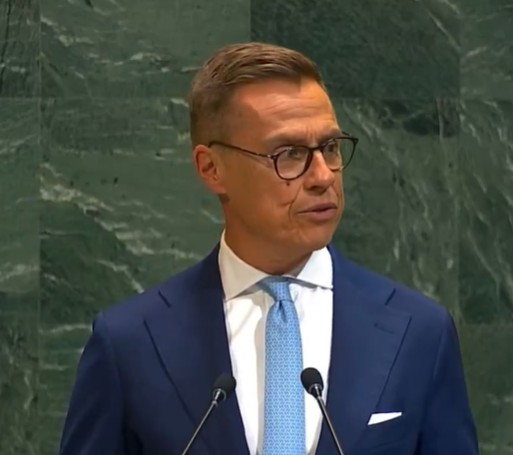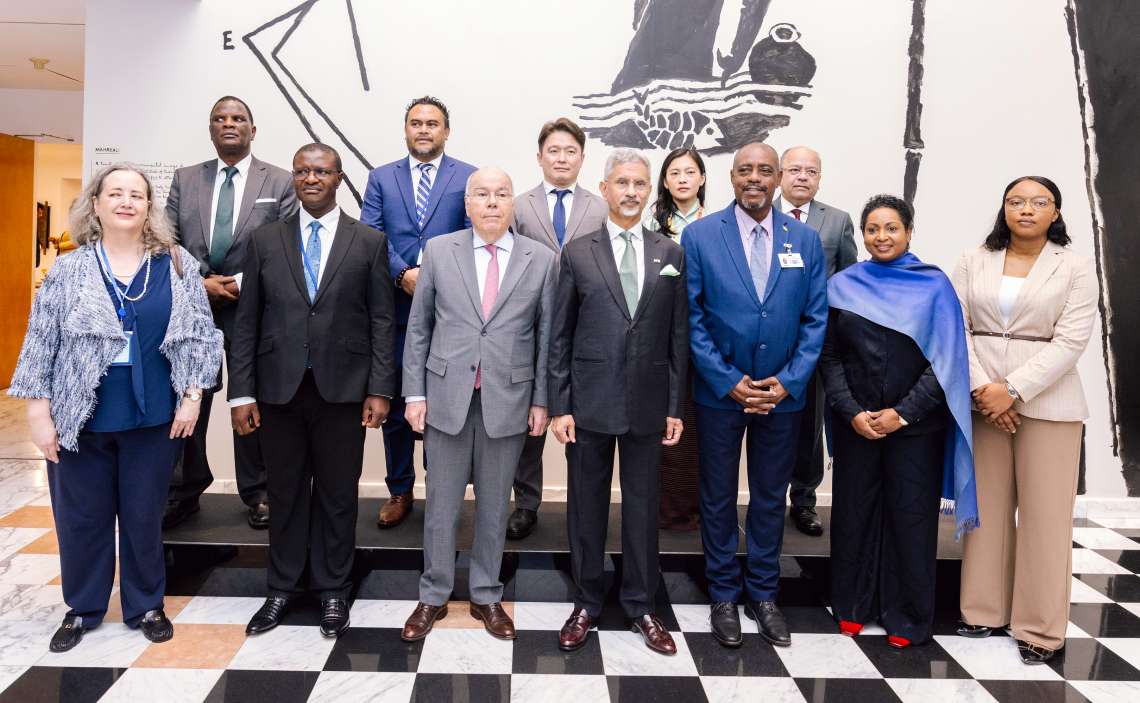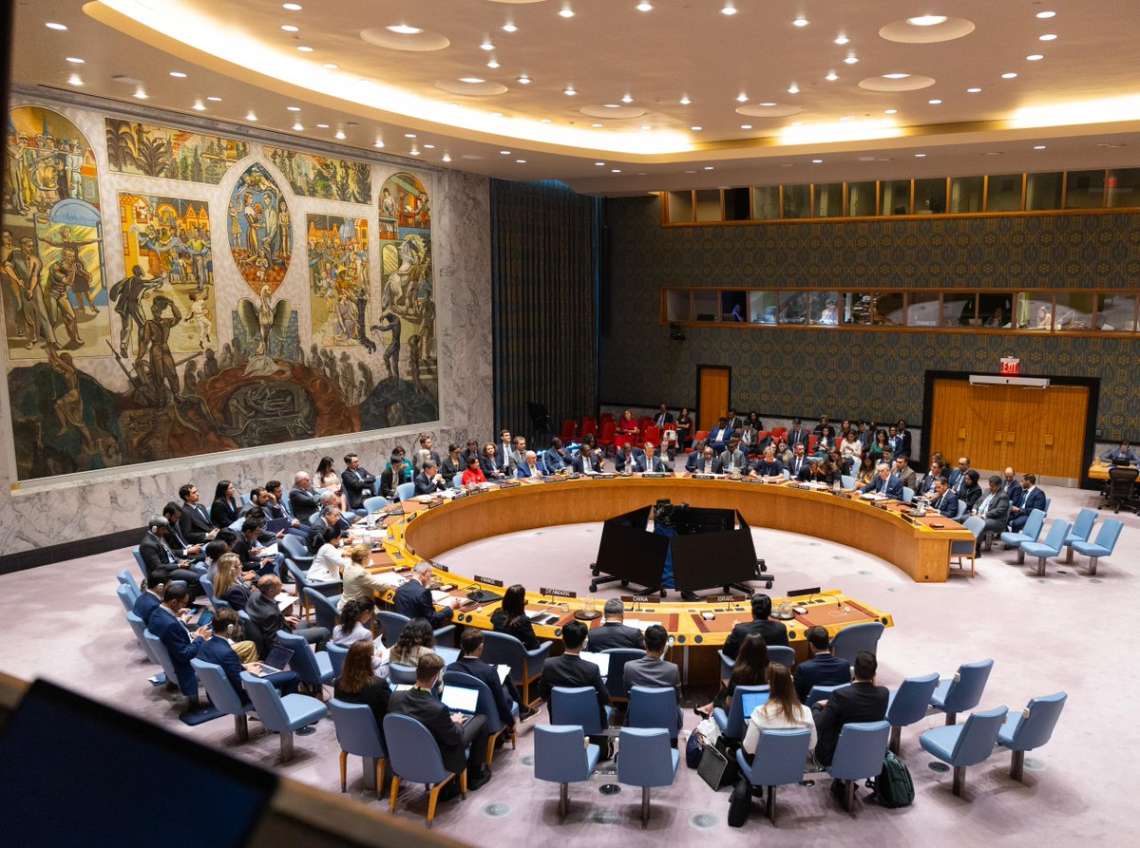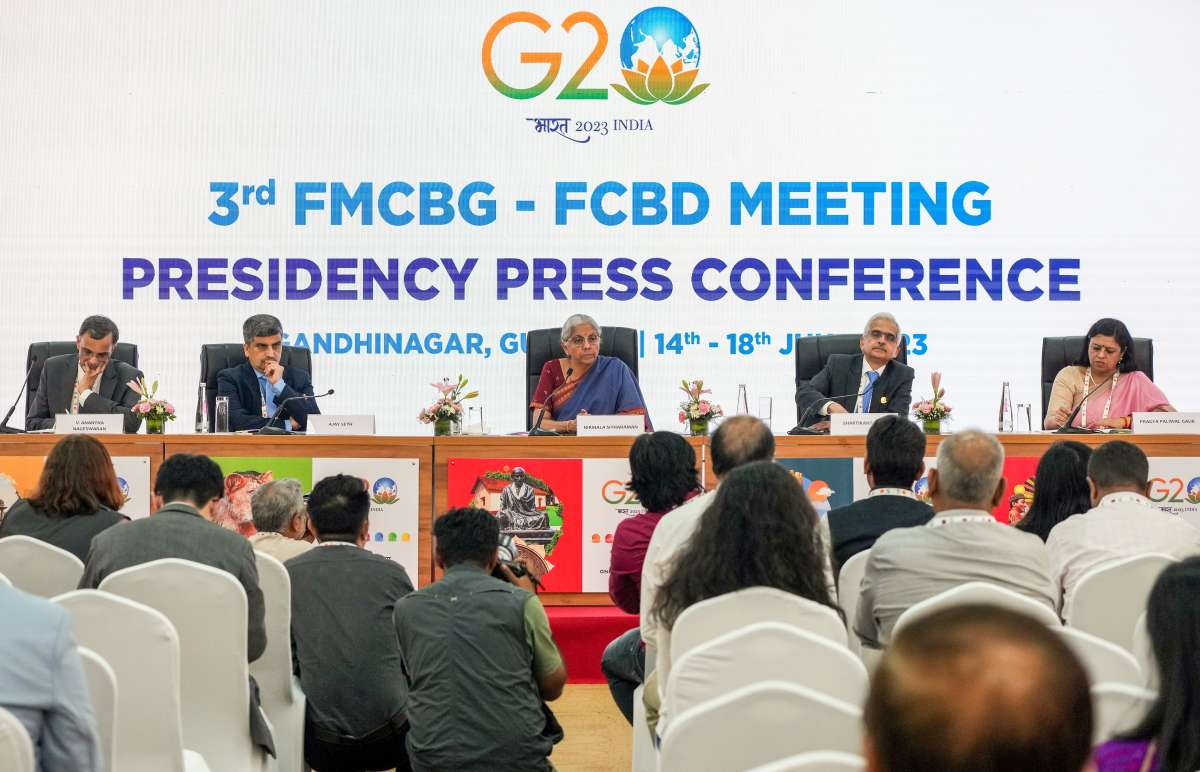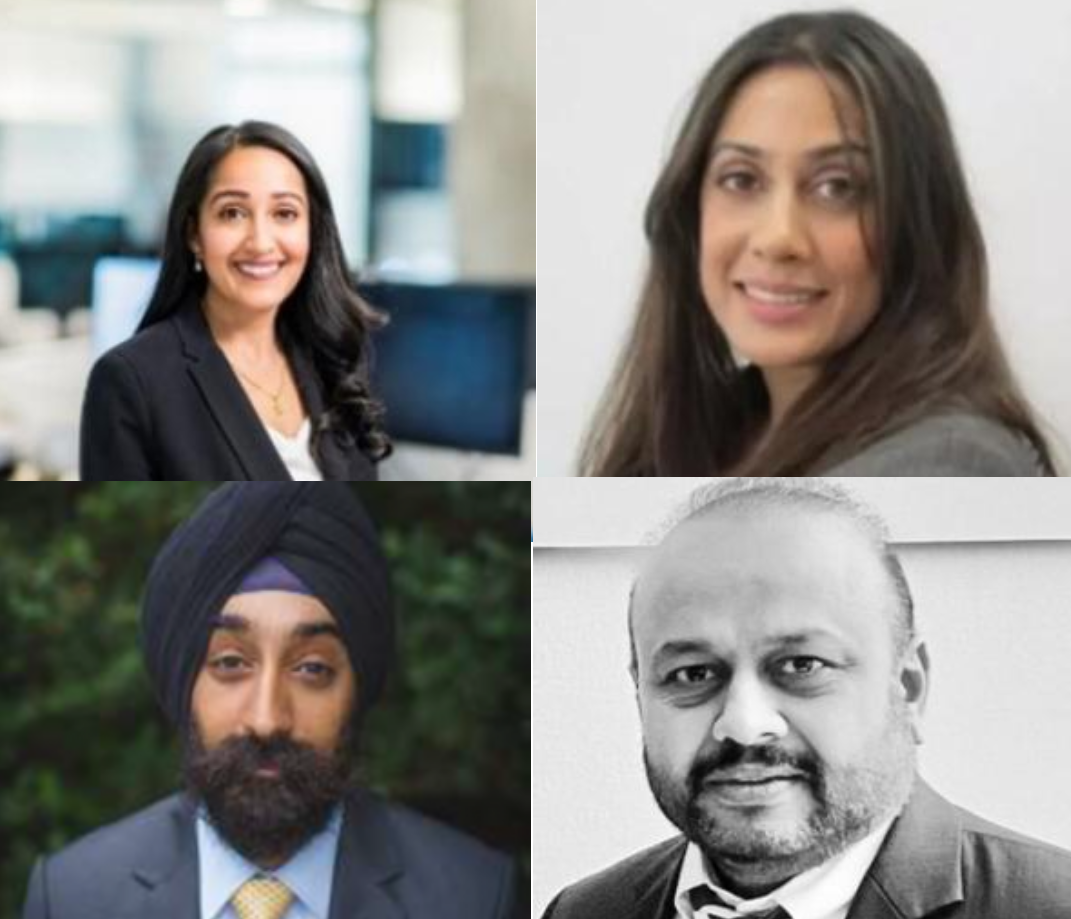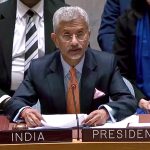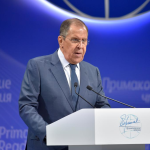UN Secretary-General also pressed for the need of a UN watchdog acting as a governing body to regulate, monitor and enforce AI regulations…reports Asian Lite News
The United Nations Security Council on Tuesday held its first meeting on the threats artificial intelligence poses to international peace and stability, wherein, the UN Secretary-General Antonio Guterres called on for creating a new international body to help govern the use of AI, reported New York Times.
He said that the technology increasingly reveals its potential risks and benefits and the UN has an opportunity to set globally agreed-upon rules of the road for monitoring and regulating. Guterres further said that the United Nations must come up with a legally binding agreement by 2026 banning the use of AI in automated weapons of war.
“Today I urged the Security Council to approach Artificial Intelligence with a sense of urgency, a global lens, and a learner’s mindset. We must work together towards common measures for the transparency, accountability, and oversight of AI systems,” Gutteres said in a tweet.
Russia, departing from the majority view of the Council, expressed scepticism that enough was known about the risks of AI to raise it as a source of threats to global instability, the New York Times reported.
The Chinese government argued that UN rules should reflect the views of developing countries as it seeks to prevent the technology from becoming “a runaway wild horse.”
International laws and norms around AI should be flexible to give countries the freedom to establish their own national-level regulations, said Chinese Ambassador Zhang Jun, who also blasted unnamed “developed countries” for trying to achieve dominance in AI, CNN reported.
“Certain developed countries, in order to seek technological hegemony, make efforts to build their exclusive small clubs and maliciously obstruct the technological development of other countries and artificially create technological barriers,” CNN quoted Zhang as saying. “China firmly opposes these behaviours,” he added.
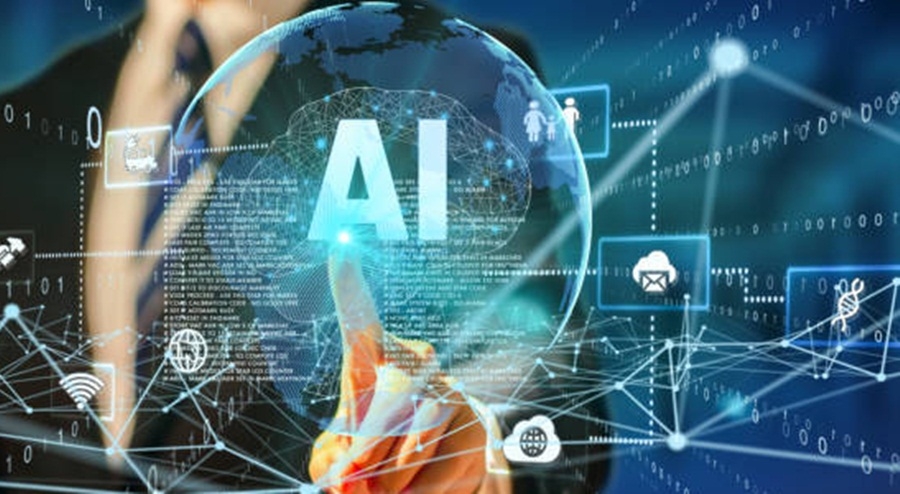
An official representing the United States at the meeting did not directly address the Chinese government’s accusations but added that “no member state should use AI to censor, constrain, repress or disempower people” — a possible veiled reference to China’s use of technology to surveil ethnic minorities, CNN reported.
The meeting was led by UK Foreign Secretary James Cleverly, who called for international governance of AI to be tied to principles upholding freedom and democracy; respect for human rights and the rule of law; security, including physical security as well as the protection of property rights and privacy; and trustworthiness.
“We are here today because AI will affect the work of this council,” Cleverly said.
“It could enhance or disrupt global strategic stability. It challenges our fundamental assumptions about defence and deterrence. It poses moral questions about accountability for lethal decisions on the battlefield…. AI could aid the reckless quest for weapons of mass destruction by state and non-state actors alike. But it could also help us stop proliferation,” CNN quoted Cleverly as saying.
UN Secretary-General also pressed for the need of a UN watchdog acting as a governing body to regulate, monitor and enforce AI regulations in much the same way that other agencies oversee aviation, climate and nuclear energy, NYT reported.
The proposed agency would consist of experts in the field who shared their expertise with governments and administrative agencies that might lack the technical know-how to address the threats of AI.
However, the prospect of a legally binding resolution about governing it remains distant. Although the majority of the diplomats endorsed the notion of a global governing mechanism and a set of international rules, NYT reported.
China’s U.N. Ambassador Zhang Jun described AI as a “double-edged sword” and said Beijing supports a central coordinating role of the U.N. on establishing guiding principles for AI.
“Whether it is good or bad, good or evil, depends on how mankind utilizes it, regulates it and how we balance scientific development with security,” Zhang said, adding that there should be a focus on people and AI for good to regulate development and to “prevent this technology from becoming a runaway horse.”
Deputy U.S. Ambassador to the U.N., Jeffrey DeLaurentis, also said there was a need for countries to also work together on AI and other emerging technologies to address human rights risks that threaten to undermine peace and security.
“No member states should use AI to censor, constrain, repress or disempower people,” he told the council.
Russia questioned whether the council, which is charged with maintaining international peace and security, should be discussing AI.
“What is necessary is a professional, scientific, expertise-based discussion that can take several years and this discussion is already underway at specialized platforms,” said Russia’s Deputy U.N. Ambassador Dmitry Polyanskiy.



